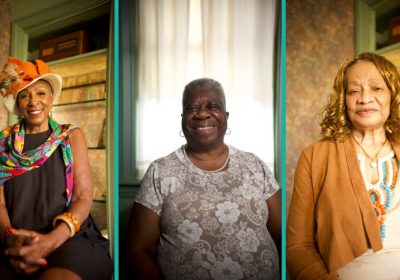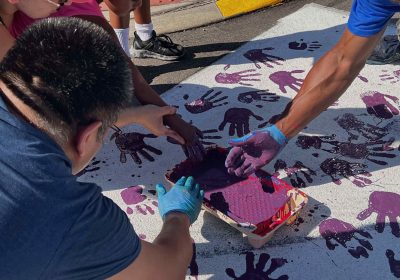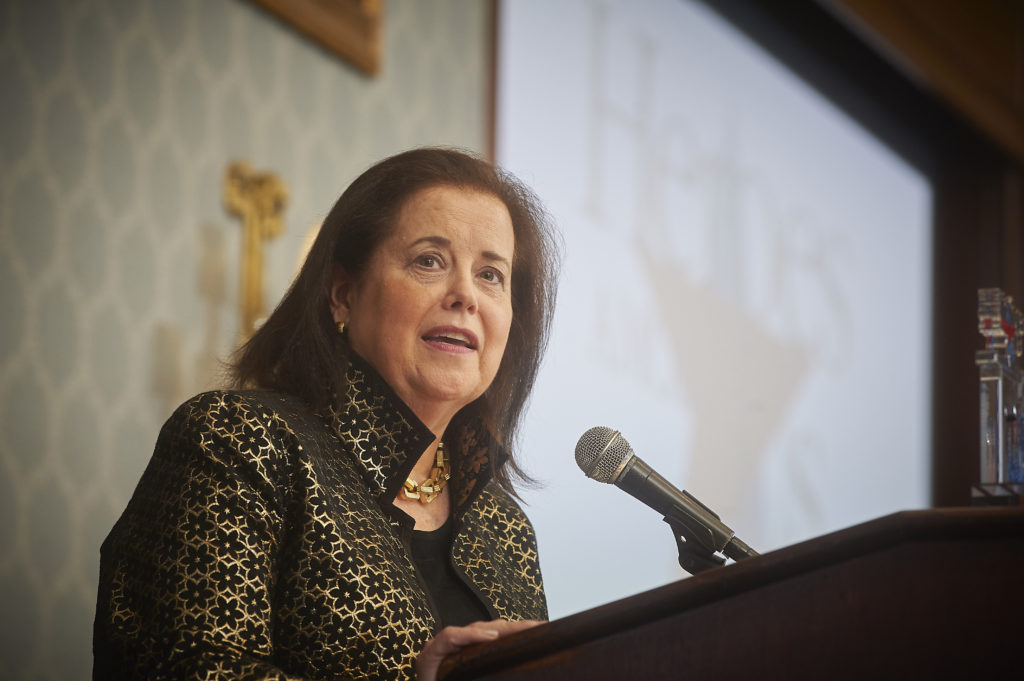
Liz Dow wants you to put down your phone and look people in the eyes again.
The high-energy CEO of Leadership Philadelphia, named a “superconnector” by Fast Company, says the secret to getting things done starts with rethinking how we navigate our human relationships. Effectively connecting with others means listening more, giving selflessly, and taking ownership of your community’s challenges.
Leadership Philadelphia is now celebrating 60 years of mobilizing and connecting the region’s brightest talent to better serve the community — a mission that embodies Dow’s ethos of philanthropic leadership. To honor the occasion, they launched “Move in Closer,” a year-long sweep of events and activities that “discuss our shared humanity and pulse those discussions out into the community.” The series is partially funded in partnership with the Pennsylvania Humanities Council through a National Endowment for the Humanities Chairman’s Grant.
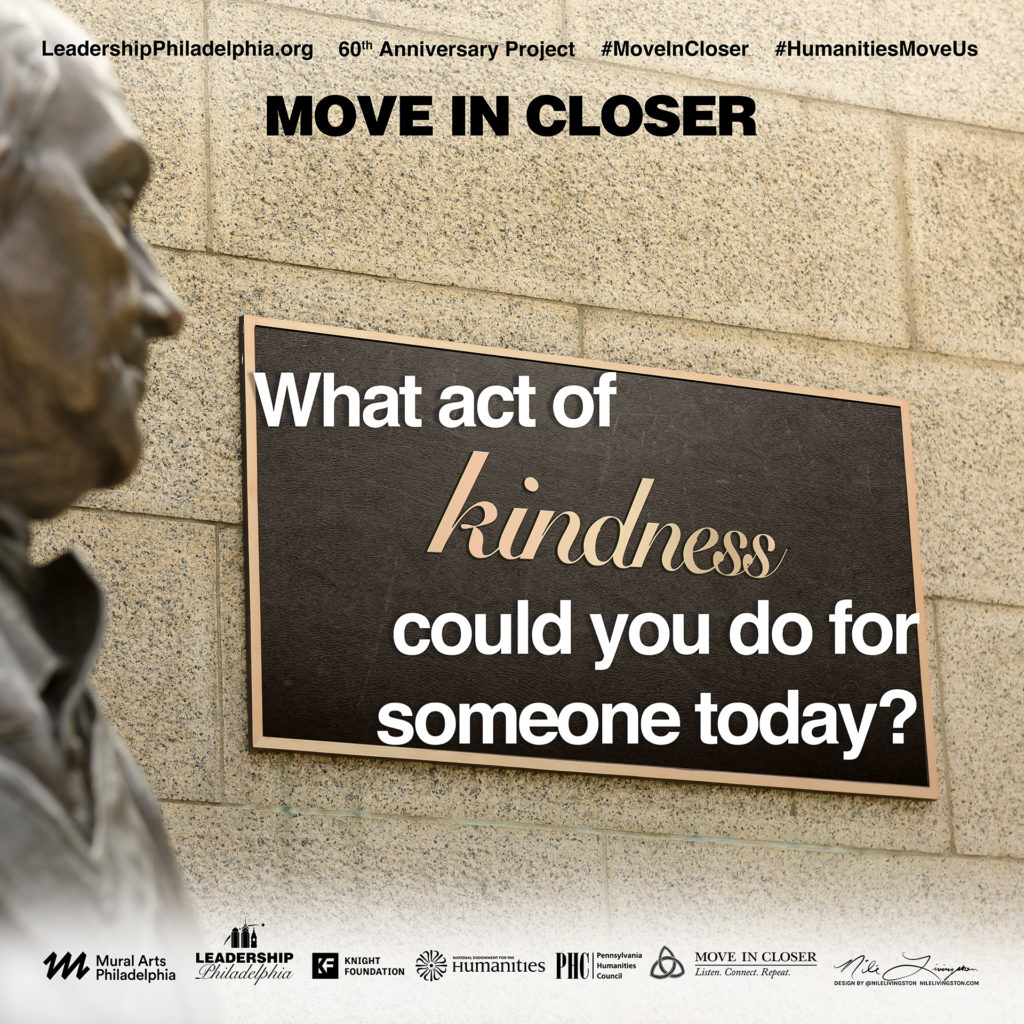
All Philadelphians have been invited to join in on the celebration through a recent collaboration between Leadership Philadelphia and Mural Arts Philadelphia to produce 12 mini-murals placed at high traffic locations throughout the city. The murals pose provocative, conversation-starting questions that reflect the open and collaborative spirit of the “Move in Closer” initiative.
“Our intention is to cause people to pause and think more uplifting thoughts, and to discuss these questions with strangers or friends,” said Dow.
The project is a natural fit for Dow who is a longtime advocate for the humanities and arts. She’s even an avid sculptor and her latest pieces focus on — what else — human connections.
In this Q&A, we join in celebrating 60 years of Leadership Philadelphia, and take the opportunity to ask Dow about effective leadership, the power of storytelling, raising thoughtful children, and how to step out of our bubbles and think more like a “superconnector.”
***
Q: Over the last 60 years, Leadership Philadelphia has had the honor of inspiring some of the area’s most prominent leaders, including a former Mayor, the President of the Eagles, the CEO of PECO, Police, Airport, and Water Department Commissioners, and PHC’s own executive director, Laurie Zierer. What have you found makes someone a good leader and how can we apply the lessons of leadership to our everyday lives?
I believe in the Connector model of leadership, meaning the trusted people who get things done behind the scenes. Their need for achievement drives them to be more concerned with getting results than getting credit. They play well with others and weave the fabric of the community together more tightly.
Connector leaders behave the same way at work as they do at home and in the community. What you see is what you get.
In daily life this means reaching outside your comfort zone to meet people who do not look and think like you; focusing on the other person (not yourself) in conversations; learning about what’s going on in the public, private, and non-profit sectors; behaving in a trustworthy manner, being optimistic; lending a helping hand; and expressing support and encouragement to those around you.
According to The Tipping Point author Malcolm Gladwell, “The people who know everyone [Connectors] in some oblique way, may actually run the world… In a down-to-earth, day-to-day way, they make the world work.”
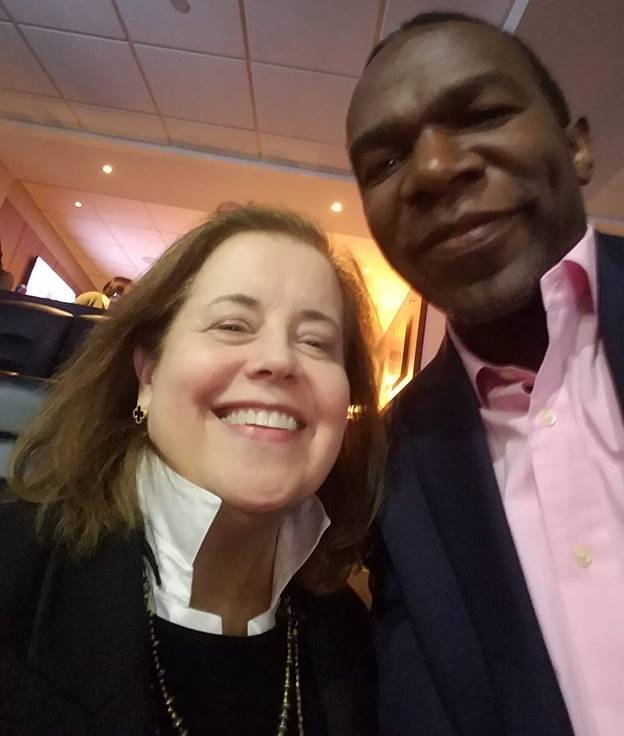
Q: Fast Company distinguished you as one of the country’s 15 Top Superconnectors and last year the Philadelphia Business Journal called you “the ultimate connector.” How do those struggling to connect in the new digital landscape build meaningful relationships?
Meaningful relationships require putting down your phone, looking others in the eye, talking to them, and listening. It’s important to remember that we’re in this together for the long haul, and that relationships formed now pay dividends for the people involved and the community for years to come.
I tell my students to focus on paying it forward — doing favors for others without expecting anything in return. This requires that they become attentive to the wants and needs of others around them.
Helping others makes us feel better about ourselves and the world at large. I ended up on that “superconnector” list because I am constantly vigilant about helping others. I don’t just think about it, I take action and do it every day.
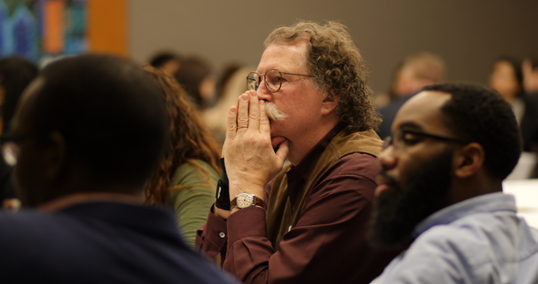
Q: You once said, “Storytelling… creates the ties that bind us.” What role do stories play in your civic work?
For our 60th anniversary we created a series of five Master Classes – on Empathy, Compassion, Connection, Common Ground, and Caring. At least half of each session involved sharing deep stories with strangers. The rooms of 100 people were intentionally diverse by race, age, and economic sector.
The exercises resulted in lifts in feeling of connection ranging from 47% to 98% in workshops lasting two hours.
Stories are the glue that binds us and the window into each other’s life experience. Sharing them builds bridges of compassion, empathy, and trust.
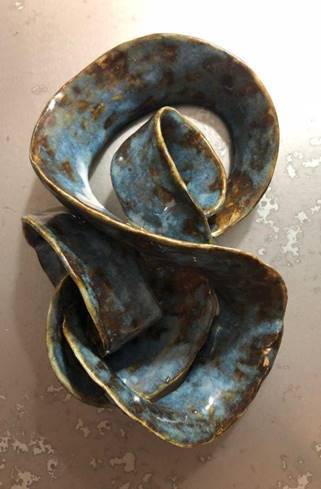
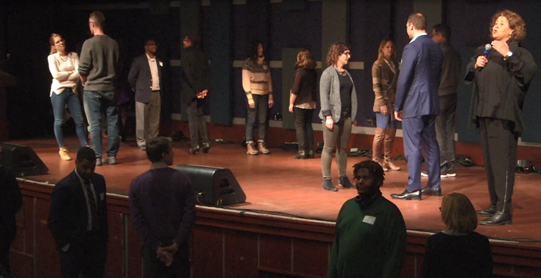
Q: In an article you wrote for the Huffington Post you encouraged parents to inspire imagination in their children and teach them art and history. Why are the humanities and arts so important to youth development?
The humanities speak to the human experience. They engage hearts, minds, and souls. Children need healthy outlets for their emotions. Art lessons provide a safe space for that. My father, who was trained as an artist, took me to art classes every Saturday. That is my favorite childhood memory.
I, therefore, took my children to the clay studio every Saturday from ages 6-12. We had a Waldorf teacher, who understood that art is more about expression than technique. My son is creative in every aspect of his life. At age 30 after his day job he writes and performs comedy and, on the weekends, he paints and sketches. My daughter put those lessons to work creating a unique private equity firm.
I’m in my 27th year of sculpting every Saturday morning. Right now, I’m making convoluted Mobius strips that to me, say “We are all connected”. Art allows us to mine what is unseen within us and enables others to see it.
Understanding history grounds us geographically, in community, culturally, and in a civic sense. The humanities give us perspective to understand ourselves, others, motives, culture, behavior, the impact of our decisions, and cause and effect. They provide our youth with context and guidance for decisions and understanding.
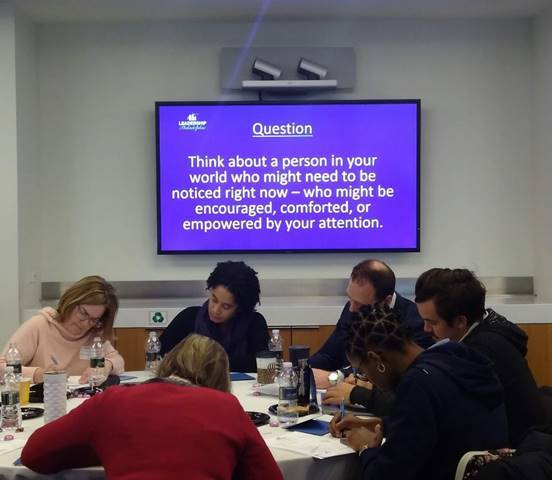
Q: Your book Six Degrees of Connection argues that “connectors” play an essential role in community development. How can nonprofits, community leaders, and regular folks harness this power for making change?
One way to harness the power of connectors is to become one yourself. Be other-oriented. Understand that the challenges of the community are your challenges; use your curiosity to learn about unfamiliar people, places, and cultures and then reach out to learn more about them up close, face to face.
Earn trust. Empower others by expressing passion and support.
Act as if the glass is half full and be generous. Follow through and do what you say you will do every time. If you see a problem, insinuate yourself into the situation and help solve it.
While you’re working on your own skills, look for people around you who already demonstrate them. Put them on your board or committee. Ask for their advice and ask them to introduce you to someone who can help. Find and befriend them. They’ll make your life easier. Watch what they do and follow suit.

![[color – dark bg] PA SHARP FINAL FILES DB 72dpi [color - dark bg] PA SHARP FINAL FILES DB 72dpi](https://pahumanities.org/uploads/files/elementor/thumbs/color-dark-bg-PA-SHARP-FINAL-FILES-DB-72dpi-phgl7aimtfdpzt2rscvl43ksfv3asbbls19lsvuacw.jpg)
